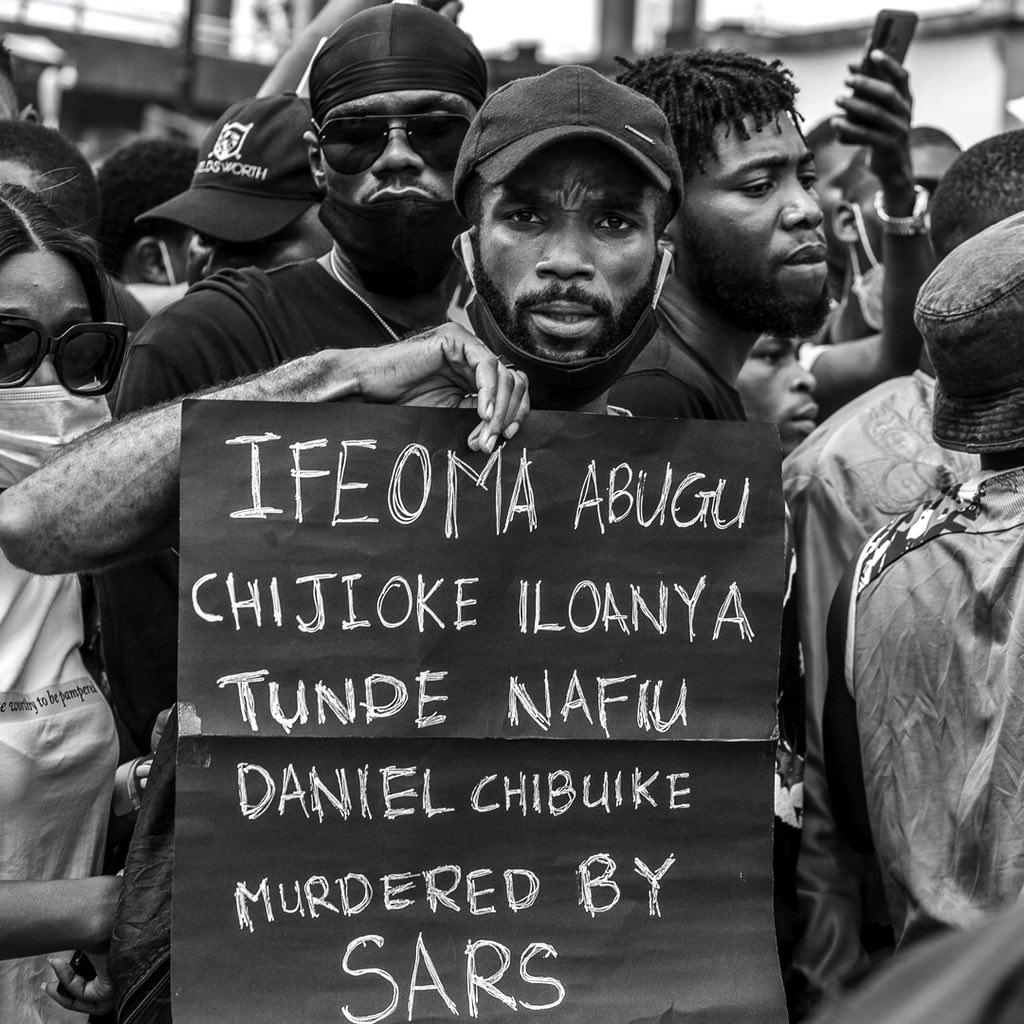As Nigeria marks another year since the EndSARS protest and the tragic killings of October 20 2020 at the Lekki Toll Gate, we are reminded not only of the loss of young lives but of how a vision for security became a tool of oppression.
In a resurfaced interview, retired police officer Fulani Kwajafa, who helped form the Special Anti-Robbery Squad (SARS), expressed deep regret over his role in its creation. SARS was established in 1984 under the military government of Muhammadu Buhari, following a directive to the then Inspector-General of Police, Etim Inyang, to combat rampant armed robbery. Kwajafa organised a small, mobile anti-robbery force that initially restored order in chaotic times.

But as decades passed, SARS mutated. What began as a disciplined crime-fighting unit became synonymous with torture, extortion, and killings. Kwajafa lamented that the outfit “is not the SARS we formed,” acknowledging the moral decay and impunity that plagued the force. His regret mirrors a nation’s pain — a system meant to protect its citizens became the source of their fear.
The Lekki Toll Gate massacre stands as the darkest symbol of this failure. Nigerian youths, armed only with flags and songs, were met with gunfire by state forces — a moment that exposed the fragility of justice and leadership in Africa’s largest democracy.
As we remember the fallen, the message must transcend mourning. Nigeria must reform minds, not just institutions — teaching history, civic responsibility, and empathy so that future leaders understand power as service, not dominance. Only through truth and education can the country rebuild trust, honour its youth, and ensure that never again will those sworn to protect turn their guns on the people.
EDITOR: ioiNEWS
IMAGE: StyleRave



